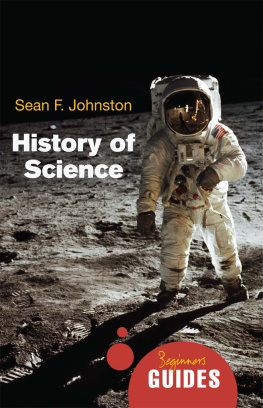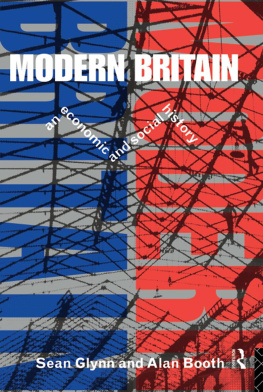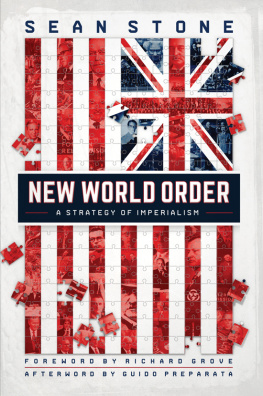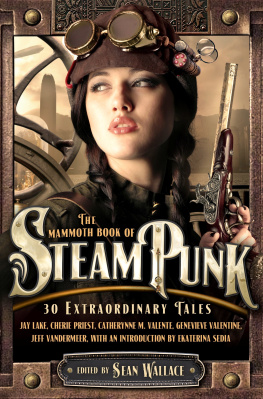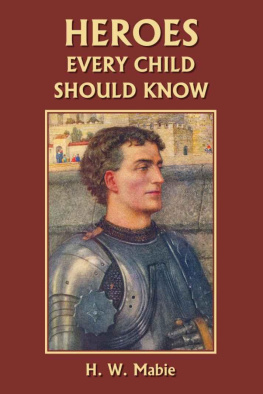Sean Brunton is a writer, journalist and barrister. He lives in Somerset with his family.
Copyright Sean Brunton 2021
The right of Sean Brunton to be identified as author of this work has been asserted in accordance with section 77 and 78 of the Copyright, Designs and Patents Act 1988.
All rights reserved. No part of this publication may be reproduced, stored in a retrieval system, or transmitted in any form or by any means, electronic, mechanical, photocopying, recording, or otherwise, without the prior permission of the publishers.
Any person who commits any unauthorised act in relation to this publication may be liable to criminal prosecution and civil claims for damages.
A CIP catalogue record for this title is available from the British Library.
ISBN 9781398429024 (Paperback)
ISBN 9781398429031 (ePub e-book)
www.austinmacauley.com
First Published 2021
Austin Macauley Publishers Ltd
1 Canada Square
Canary Wharf
London E14 5AA
Acknowledgments
I would like to thank my wife Erica for her encouragement, balance and patience when listening to me, reading my drafts and helping me to use a computer. And for her kindness, tolerance and love.
I would like to thank my children Callum, Millie and Rory for their criticisms, irreverence and general good-humour.
I would like to thank my parents and my brother for their constructive criticisms and support.
I would like to thank my various history teachers at Oundle School for their excellent, memorable and often hilarious lessons: Alan Midgley, Ron Mather and Dinky Sharp.
And I would like to thank those few friends who ever actually bothered to read, critique or correct the drafts I sent them.
Introduction
No More Heroes?
Our land is governed by leaders who almost never fail to disappoint. Our lives are driven by insatiable commerce and technological obsession. Our societies are riven with conflicting views of how we ought to behave and how our history should be remembered, celebrated or erased. Our spirituality has been relegated to the fringes of society. In times as divisive, selfish and superficial as these, the need to find a hero and to speak of acts of heroism is irrepressible.
And so we struggle, somewhat desperately, to foist the mantle of hero upon our sportsmen, so that Kane, Wilkinson and Murray at their finest are passed off as modern-day gladiators or living-room legends for doing little more than the swinging of a racket or the kicking of a ball. And for a while they struggle manfully under their burdens, until the inevitable injury, scandal or plain loss-of-form knocks them from their podium and cruelly exposes them to ridicule by the very people who were so desperate to worship them in the first place.
Such is the inherent need for hero-figures to lift our spirits from the triviality, political correctness and bureaucracy of modern Britain, that the media has become obsessed with celebrity, wealth and beauty. But these are not worthy substitutes for heroes nor for noble or truly brave deeds. They are tawdry and distasteful diversions: eye candy to brighten the bleak prospect before us.
For a real hero is one who exhibits extraordinary bravery and spirit. One who is blessed with some superhuman ability or who, by strength of character, steels himself to behave as if he is so blessed. One who, by leadership and nobility and sheer daring can cheat the odds at a personal or national level, for himself or for others. And one whose acts were so genuinely magnificent that they endure and evolve in legend many years after the heroic bones lie buried. A modern-day hero is a tall order.
But perhaps that is no bad thing. It might be said that a nation which has need of a hero-figure must be lacking in self-confidence: must be desperate for some form of salvation or recognition; or is simply needy for some sense of direction or justification to release it from its troubles. Certainly, heroes and heroic acts often arise from times of crisis: Cometh the hour, cometh the man and all that.
It was the constant tribal warfare of the Ancient Greeks which spawned their pantheon of hero demi-gods. The Vikings with their insatiable appetite for foreign invasions found solace in their own Norse heroes. And medieval Europes scramble for power and riches created its own brand of swashbuckling chivalric heroes. All of them an elegant subterfuge to divert the minds of the people from the grim reality of life and death in more primitive societies. A sugar-coating to disguise the bitter pill of history. If religion was the opium of the people, then heroic legend was the Carling Black Label of the working man. It deceives as it inspires.
In the Middle Ages, it was the knights in shining armour who did the job. Over the Napoleonic period, it was our great military commanders who came up with the goods. In the last century, the apocalyptic World Wars forged a new breed of hero and cast them unwillingly into history; the desperate, plucky and frequently tragic British Bulldogs who have defined our national character ever since.
If the horror, bloodshed and iniquity of previous centuries are the price a nation has to pay for its real heroes, then there are likely to be few takers in the 21st century. For all our protest and posturing, very few are prepared to make the ultimate sacrifice for some noble end. And yet that yearning still smoulders.
Whether it feeds on the creeping anxiety arising from global terrorism, breeds in the petty dissatisfactions of our increasingly isolated lives or rides upon the high-horse of outrage and helplessness with which we watch the destruction of our planet: it smoulders on. As we crumple our celebrity-infested newspapers into the fireplace or sit suffocating in our own traffic jams, we know we deserve better.
Great Britons deserve great heroes, not manufactured myths nor tinsel-town trash. And if we pause for a minute and think beyond the chat shows and the chat rooms, then we find them scattered through our nations rich history in abundance.
Unhappy is the land that needs a hero, or Unhappy is the land that breeds no hero? So posed the poet, Bertolt Brecht. He somewhat bitterly favoured the former. But there again, as a German Marxist who lived through both World Wars, I suppose you cant really blame him.
So, whether bred, wanted or needed by these Isles, here are half-a-dozen men who have, according to the customs and norms of their age, conducted their lives in a manner which can best be described as heroic. Not necessarily worthy nor considerate; not always virtuous nor even particularly nice. But heroic giants nevertheless, and I challenge any other nation to assemble such an inspirational and defiant pantheon. I give you Six of the Best
Richard I
Lionheart
Richard, Coeur de Lion, Duke of Normandy and King of England, was a ruthless warlord and charismatic leader of men. He could allegedly sever an iron bar with one blow of his Great Sword, yet he was also a poet and, despite a number of notable lapses, the epitome of the chivalric knight. He battled his own father for the crown of England, abandoned his wife and put thousands of his prisoners to the sword. But he was also respectful of those enemies he thought worthy and was capable of acts of great mercy. As with many true heroes, he was a man of deep contradictions and one who has polarised opinion both at the time and ever since. As Sellar and Yeatman so neatly parodied in 1066 And All That , Richard I was a hairy king with a lions heart. Rather more complimentary was the Syrian historian, Ali Ibn al-Athir who when travelling with Saladins army wrote of Richard, His courage, cunning, energy and patience made him the most remarkable man of his time.


